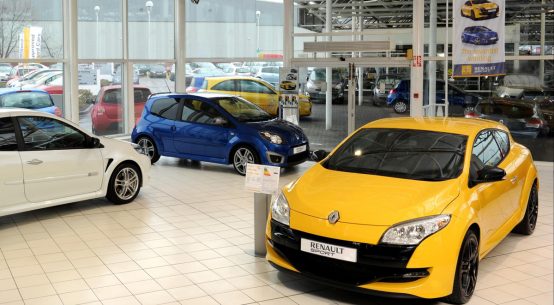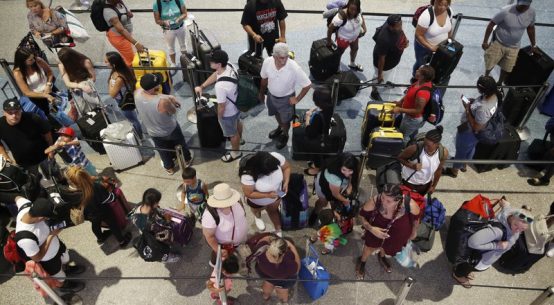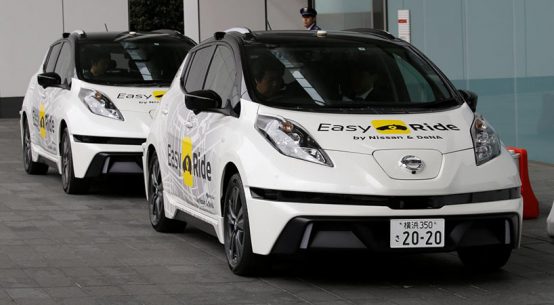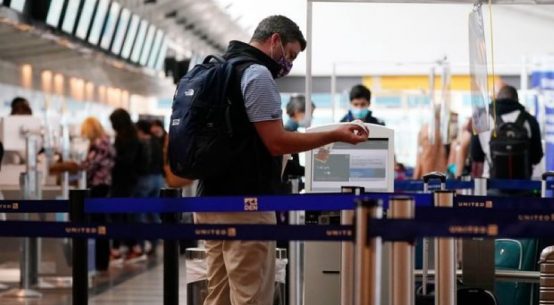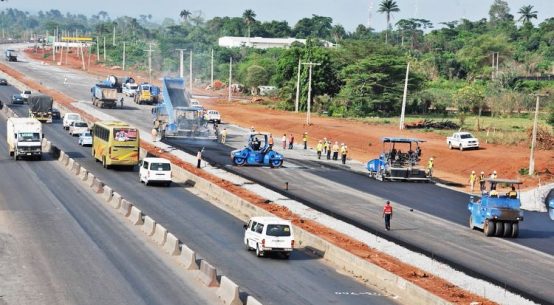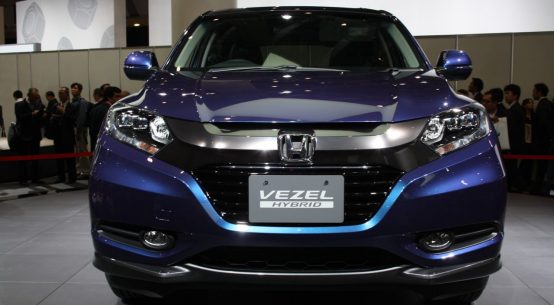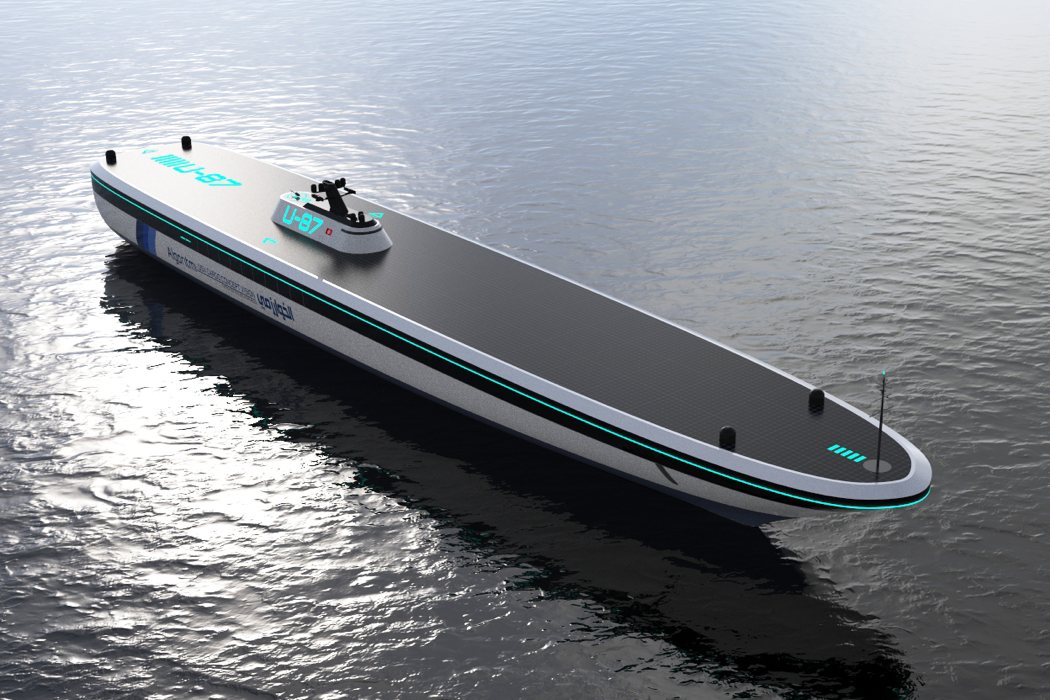
A new partnership between Rolls-Royce and Google will see ships become smarter and self-learning thanks to advanced machine learning algorithms. It will also bring the company’s vision of a fully autonomous ship setting sail by 2020 a step closer to reality.
Rolls Royce announced this month that it will use Google’s Cloud Machine Learning Engine across a range of applications, designed to both make today’s ships safer and more efficient, and to launch the ships of tomorrow.
Initially, the machine learning engine will be used to further train existing AI algorithms designed to power the image recognition systems of vessels. These identify and track objects that can be encountered while a ship is at sea and classify them according to the hazards they may pose.
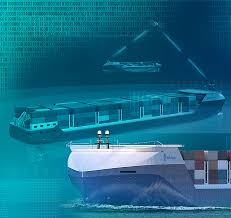
I put it to KarnoTenovuo that compared to self-driving cars, people might assume that autonomous shipping may be a relatively simple challenge. After all, don’t ships mostly travel in a straight line, and have a lot less traffic to deal with? He was quick to point out my error.
“A typical car AI aims to replace one human – the driver – whereas a typical cargo ship has over 20 crew members, and you need to cover all of the jobs they would do on a vessel. In a lot of ways the complexity can be greater than what an automobile has to deal with,” he tells me.
“As with cars you have the navigation, and the observation – computer vision. But with ships, you also have to focus on what’s happening inside the ship, and what other tasks or missions the vessel is doing. In the engine room, you have health management and management.
“And when you go to the decks you are trying to replace cargo handling and security of what’s being transported. So, you need completely different control systems, computer vision, and robotics.”
The machine learning algorithms that Rolls-Royce will initially put to work on their ships will be the same neural-net based software which currently fuels Google’s voice and image search applications. This means that systems looking for hazards at sea have already been trained by millions of people using them every day for similar tasks, such as finding pictures of objects or hazards that ships might encounter at sea.
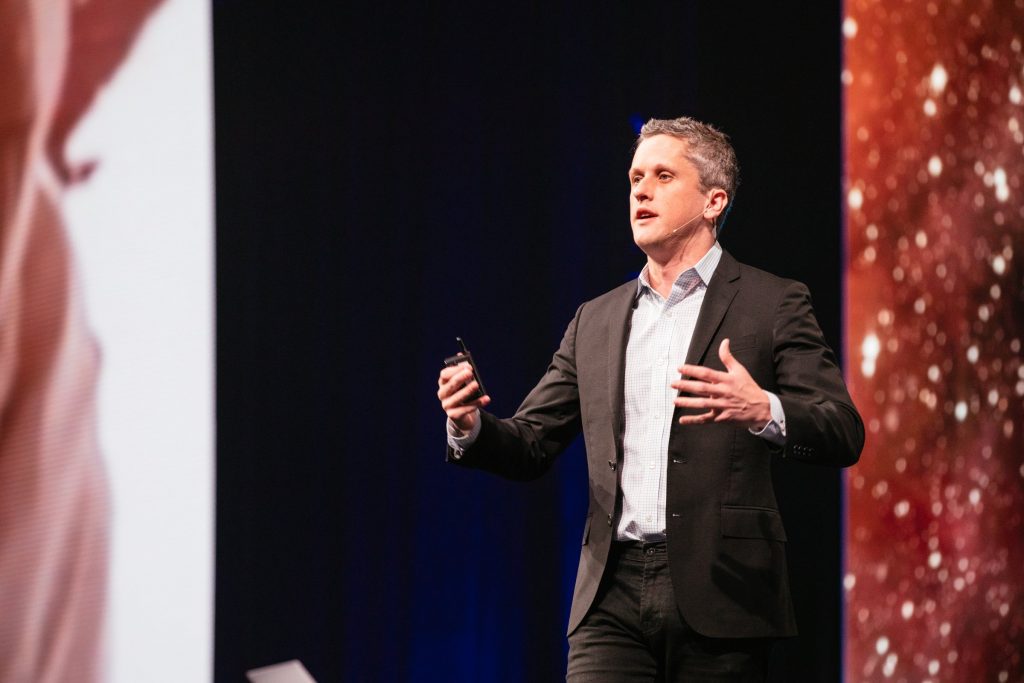
Technology such as this is likely to be the solution to many of the challenges which need to be overcome before the vision of unmanned shipping which Rolls-Royce has been championing since 2013 become a reality. These challenges include the difficulty of navigating vast, slow-reacting vessels through narrow and busy shipping corridors and teaching
computers to guide 100,000 ton-plus container ships to docks.
Tenovuo tells me “When we first went public with the idea everyone thought we were crazy – at conferences I asked how many people thought this would happen in their lifetimes and only a few raised their hands.
“Now everyone raises their hands very fast. It’s a big change in four years of taking that message to the market and being the thought leaders.”
However once the technology is in place, there will still be the problem of legislation. As with autonomous cars, governments and international organizations have lagged behind while technologists have innovated over the last decade. As the laws stand, autonomous ships could theoretically operate between neighbouring countries, where mutual agreements are made. But before they can head into international waters, which will bring the biggest advantages to trade, wider legislation will need to be passed. The matter is currently scheduled for debate by the International Maritime Organization, the arm of the United Nations which deals with shipping regulations.
“Tech-wise, it can happen any time the regulations allow it,” Tenovuo tells me.
Follow us on Facebook for more Logistics News
Partnerships between domain experts in machine learning and the fields which will benefit from machine learning – which is most of them – will undoubtedly play a large part in unlocking the potential of artificial intelligence, Big Data and Internet of Things. Rolls-Royce’s response to the opportunities is to attempt to redefine shipping from the bottom up – driving efficiencies across the entire operation. As Tenovuo says, “It’s a big change not just in tech but in the operations management and business side of shipping – and it’s driven by the digitization of marine.”
The story Rolls-Royce And Google Partner To Create Smarter, Autonomous Ships was first published by Forbes



